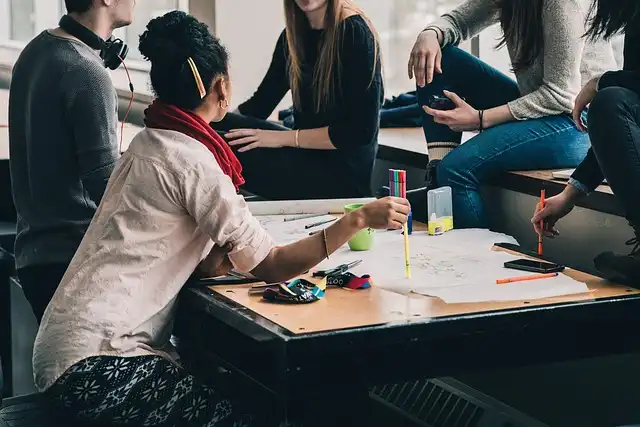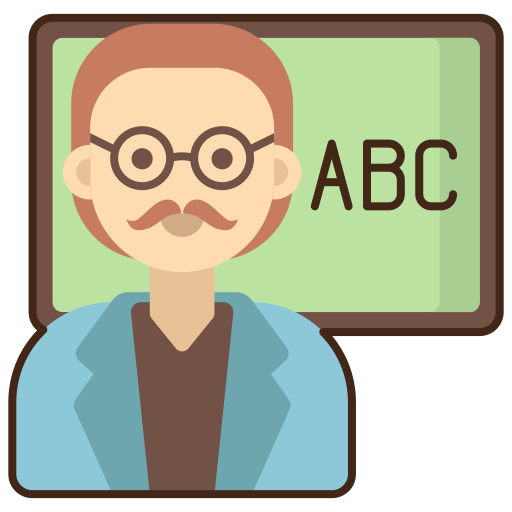Open Inquiry: Fostering Intellectual Curiosity & Discourse

Promoting intellectual curiosity and open discourse is crucial in education. Focus on HOW we engage in the classroom to enhance learning, rather than political predispositions. Encouraging active listening and questioning is key.
To promote it, we have to cultivate in ourselves and in our students a disposition to wonder. Why does a person believe that method? What experiences, places, relationships, institutions and social forces have formed their thinking?
Political Bias in Academia?
In elite establishments, like Battle each other and Harvard Universities, surveys suggest the number of faculty recognizing as liberal exceeds 60 percent. The portions differ not only by type of establishment yet by technique, with the liberal arts and social scientific researches leaning a lot more liberal than STEM. Some also declare that political predisposition damages scholastic disciplines.
The Pressure for Ideological Diversity
Whether or not she is right, you do not have to look difficult to see that establishments of college are really feeling growing pressure to right their ships– to create class and schools where open questions embellishments, where pupils feel free to state what they think and to test concepts they disagree with. Universities have responded by clambering to incorporate more ideological diversity right into their program offerings, to implement new programming and to hire visitor audio speakers who challenge progressive thinking.
What would certainly occur if most of us entered into the routine of asking ourselves: When was the last time we changed our mind about something? When was the last time we left a discussion or finished a message and in fact come to grips with our positioning to a topic?
Recent information sustains that insurance claim. In elite organizations, like Battle each other and Harvard Colleges, studies suggest the number of professors recognizing as liberal surpasses 60 percent. The portions vary not only by type of organization however by self-control, with the humanities and social scientific researches leaning a lot more liberal than STEM. Some also claim that political predisposition damages scholastic disciplines.
Liberal faculty and analysts on higher education and learning occasionally take the bait and react defensively to what often is a politically inspired assault. What experiences, areas, connections, organizations and social pressures have formed their thinking?
Practicing Open Inquiry
We yearn for our pupils to exercise open questions not simply when they remain in our class, however when they remain in the collection or in their dormitory with a publication to read, an equation to address, a paint to complete.
In discussions with trainees at Amherst College, we have listened to that they are not just constraining their expression in academic setups but in social settings, too. It seems we are afraid of each other.
All this misunderstands and sidetracks us from the work that needs to be done to further enhance the quality of the education trainees receive in American schools. Put simply, instead of obsessing on that is in the class and whether they are liberal or conventional, we ought to be focused on just how we remain in the room.
This is the heart of open questions, and it is much harder to accomplish than it is to bring even more traditionalists to university. Without the personality to question, doing so will certainly produce territories, not involvement, on even the most ideologically varied campus.
The Right to Listen
What if rather of just chatting concerning the right to speech, we emphasized the right to listen? We don’t just imply any kind of listening; we imply paying attention in a particular method.
This kind of open query would certainly require that we get rid of the stance of ethical assurance and nonpartisanship from our methods and methods of thinking. That is the real job that requires to animate our universities and colleges.
If we are to genuinely commit to open up questions, we require to step back, pause and show not simply on what we think, yet on just how we acquire expertise, just how we think, whether we are interested in learning more or if we are material with what we currently understand.
At the end of the day, the literary scholar Peter Brooks gets it right when he states, “To recognize, even only nominally, the phone call for ‘viewpoint diversity’ is to catch a logic that goes to its heart hostile to the scholastic enterprise.” At the heart of that business is a belief that viewpoint variety is not the exact same point as open questions. That belief requires transforming the culture of finding out on our schools.
Liberal faculty and commentators on higher education in some cases take the bait and respond defensively to what usually is a politically motivated assault.
Beyond Virtue Signaling
The issue is exactly how we turn up with others. When they differ, data suggests that trainees in our classrooms do not feel comfortable pushing back on each various other or on their professors. They engage in what psycho therapists Woodland Romm and Kevin Waldman call “performative virtue-signaling.”
1 affect higher education2 classroom engagement
3 critical thinking
4 intellectual curiosity
5 open inquiry
6 viewpoint diversity
« Student Protests: Rise Up Movement & Education PolicyHumanities in Crisis: Navigating a Turning Point »
